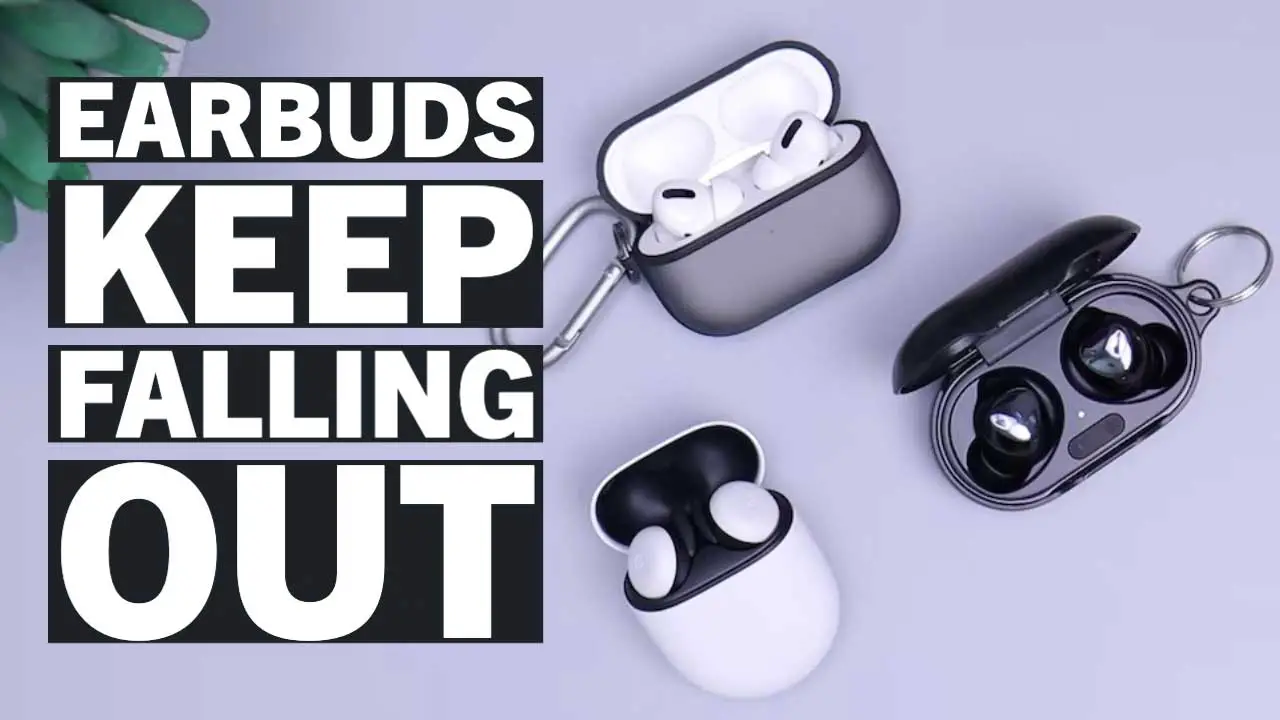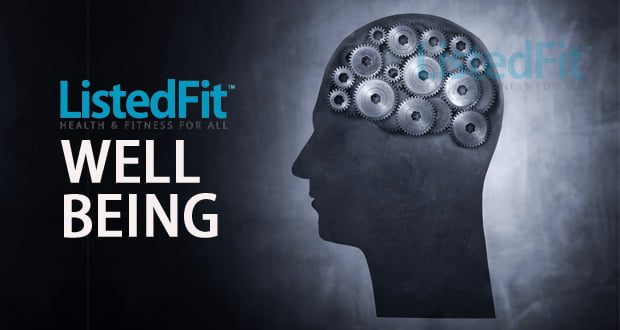What is Seasonal Affective Disorder- Can a SAD Clock Beat It?

ListedFit is reader-supported. When you buy through links on our site, we may earn a small commission.
What is Seasonal Affective Disorder- Can a SAD Clock Beat It?
Seasonal affective disorder or SAD is a form of depression linked to the change of the seasons. Often called the “winter blues”, it is a form of depression that occurs at regular times through the year. The more common form occurs in the fall, during the change to winter, and persists through the winter, going into remission in the spring and summer. A less common form occurs during the changeover to spring and summer, and remits in the winter.
Seasonal affective disorder is considered to be linked to other forms of depression like bipolar disorder, rather than a distinct illness. The number of those suffering from seasonal affective disorder ranges from some 1.4% of the population in Florida to 9.9% in Alaska.
WHAT ARE THE SYMPTOMS OF SAD?
People suffering from seasonal affective disorder experience feelings of depression, lack of energy, eating and sleeping too much, lack of concentration, social isolation and even thoughts of death and suicide. A craving for sweets and consequent weight gain are also among the symptoms.
The winter-based SAD may be traced to the reduced amounts of direct sunlight and total daylight, which affect both the body’s functioning and mental well-being. Treatments for SAD include light therapy, medication, counselling and psychotherapy, air ionisers and melatonin supplements. Natural supplements like St. John’s Wort and Omega-3 fatty acids may also help.
Lifestyle changes like allowing more daylight into your surroundings, getting outside for even a little while during daylight hours, and regular exercise are also thought to help those suffering from SAD.
WHAT ARE NATURAL LIGHT ALARM CLOCKS?
One of the symptoms of SAD is difficulty in waking up in the mornings, or waking groggy and unrested. This is because human physiology is attuned to the sun and the its rhythms, and sunlight is perceived by the body as necessary to begin the new day’s cycle.
SAD alarm clocks or natural light alarm clocks simulate daylight and allow the user to wake each morning in a more natural fashion, even on winter mornings when the sun rises late and sunlight does not reach indoors. A calm, steady yellow-white light gives the body the impression of sunlight and allows for a natural beginning to the day.
The gentle light precedes the alarm, and allows for a natural wakening experience. This gives SAD sufferers a good start, which makes all the difference to how the day unfolds.
DO NATURAL LIGHT ALARM CLOCKS WORK?
To answer the question of do natural light alarm clocks work, SAD alarm clocks or natural light alarm clocks have been proven to be very effective in gently awakening even those with the worst symptoms of SAD. SAD sufferers who have used the SAD alarm clock, also known as the sunrise alarm clock, find that it completely transforms their lives.
Many SAD alarm clocks have both a sleep and a wake function. The sleep function gently diminishes the amount of light to simulate sunset and dusk, allowing the user to fall asleep gradually and naturally. The wake function gradually increases the amount of light for about half and hour before the alarm sounds. The eyes can perceive sunlight even when closed, and this simulated sunrise promotes a natural start to the day.
Mandy Richter
Author
Latest entries
 GearJuly 20, 2024Headphones and Earbuds – Tried and Tested!
GearJuly 20, 2024Headphones and Earbuds – Tried and Tested! FitnessAugust 19, 2023Yohimbe vs Yohimbine: A Quick Comparison Guide
FitnessAugust 19, 2023Yohimbe vs Yohimbine: A Quick Comparison Guide AshwagandhaJune 16, 2023Is Ashwagandha Good for Working Out? Key Benefits Explored
AshwagandhaJune 16, 2023Is Ashwagandha Good for Working Out? Key Benefits Explored Sports HeadphonesMay 25, 2023Why Your EarBuds Keep Falling Out – Quick and Easy Solutions
Sports HeadphonesMay 25, 2023Why Your EarBuds Keep Falling Out – Quick and Easy Solutions
Affiliates:
This post may contain affiliate links that at no additional cost to you, the site may earn a small commission. We only recommend products we would use ourselves and all opinions expressed on this site are our own.
General Advice:
The information provided in this article is for general informational purposes only. It is not intended as a substitute for professional advice. Always consult with a qualified healthcare professional before starting any new diet, exercise program, or making changes to your health routine.
Accuracy Advice:
While we strive to provide up-to-date and accurate information, the content in this article may not reflect the most current research or medical guidelines. We encourage readers to do further research and consult with professionals for more personalized advice.
Our Recommendations:
The products and services mentioned in any of our articles are recommended based on our independent research and personal experience. We are not sponsored by any company. We aim to suggest products and services we believe are of high quality and could be beneficial to our readers.






